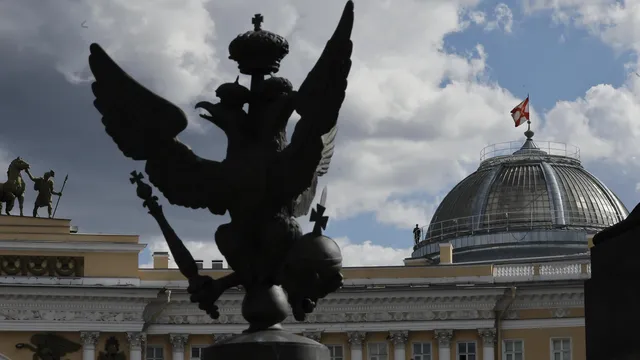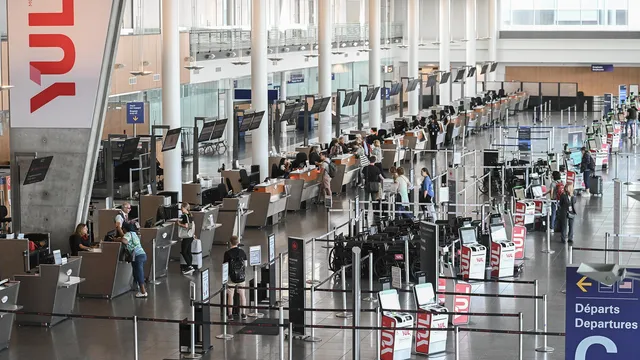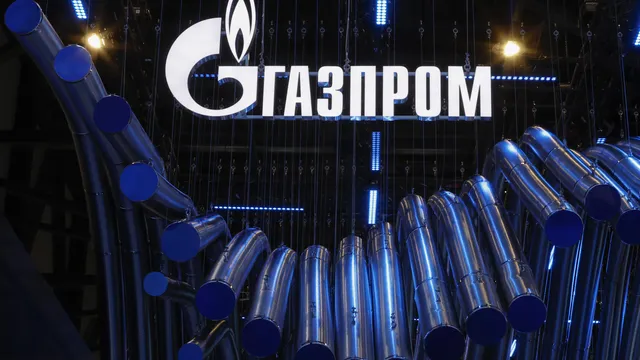Russia, waging a protracted war against Ukraine, is reducing spending even on its primary mobilization resource—“cannon fodder,” the Kyiv Post reported. Against the backdrop of a record federal budget deficit and a deepening financial crisis in the regions, several Russian federal subjects are sharply cutting one-time payments for signing military contracts.
According to Ukraine’s Main Intelligence Directorate (MID), bonuses are decreasing in several regions: in Bashkortostan—from 1.6 million rubles (about $18,000) to 1 million rubles ($11,000); in the Yamalo-Nenets Autonomous Okrug—from 3.1 million ($35,000) to 1.9 million ($21,000); in Belgorod Oblast—from 3 million ($34,000) to 800,000 ($9,000); and in Nizhny Novgorod—from 3 million ($34,000) to 1.5 million rubles ($17,000). At the same time, payments have increased in some regions: in Tatarstan, the bonus was raised to 3.1 million rubles ($35,000); in Ryazan Oblast, an additional 1 million ($11,000) is promised; and in Kabardino-Balkaria, the sum rose from 1.5 million ($17,000) to 1.8 million rubles ($20,000). This policy formalizes a kind of “caste system,” in which citizens’ lives are valued differently depending on their place of residence.
Economic pressure on Russia’s budget is mounting. In just the first seven months of 2025, the deficit reached $61 billion—four times the planned $14.6 billion. Causes include declining oil and gas revenues, failure to meet tax targets, and sharp increases in military spending, the MID notes. “The financial hole of the ‘pseudo-empire’ is growing at record speed,” the intelligence services report.
President Vladimir Putin plans to allocate around $1.1 trillion for Russia’s rearmament by 2036, according to MID chief Kyrylo Budanov. “There is a full mobilization of Russian politics, economy, and society in preparation for a future large-scale war,” Budanov stated.
As part of its military reform, Russia has already established two new military districts—Moscow and Leningrad—and plans to form new divisions, units, and military formations. Budanov notes that Russia is expanding its presence in Africa through proxy forces such as the private military company Wagner and the African Corps, supporting authoritarian regimes and terrorist organizations worldwide.
Moscow conducts active hybrid information and cyber operations in other countries, using Kremlin-loyal media and influencers to interfere in democratic processes. According to Budanov, the goal is to create a world order in which great powers, particularly Russia, hold absolute authority, control critical resources, and make globally significant decisions behind closed doors. |BGNES

 Breaking news
Breaking news
 Europe
Europe
 Bulgaria
Bulgaria







